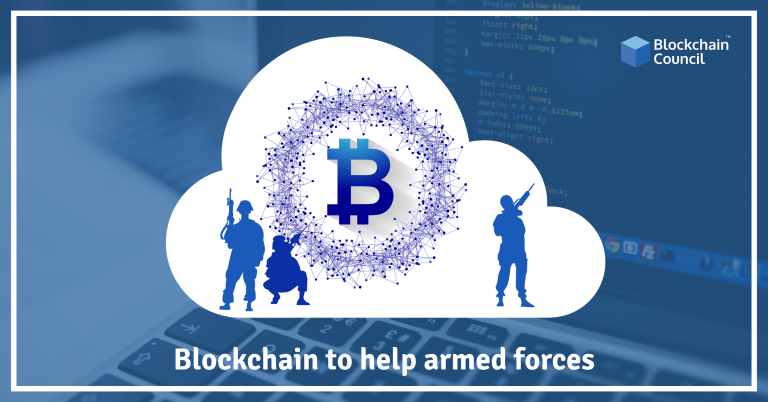
- Toshendra Kumar Sharma
- November 12, 2019
As per news reports, Volvo Cars announced last week that it has adopted the Oracle blockchain and started using it to trace Cobalt. Cobalt happens to be one of the main components of electric car batteries. Volvo cars recently unveiled the company’s first fully electric car, the XC40 Recharge. Following this, Volvo has come up with a new business strategy that includes introducing an electric vehicle each year until 2025.
As told by Mark Rakhmilevich, senior director of blockchain product management at Oracle, “Cobalt is at the heart of electric vehicle batteries, yet supplies are limited. Companies like Volvo are ramping up their production significantly, as half of Volvo cars will be electric by 2025. Each car requires 10-20 kilograms of Cobalt in their batteries.”
A vast majority of Cobalt production comes from the Democratic Republic of Congo. It is a region that is highly criticized for its unethical Cobalt mining conditions. Cobalt is the key mineral that is used for making lithium-ion batteries. Based on findings from Amnesty International, the UK-based non-governmental organization focused on human rights, children as young as seven are exposed to high risk as they are working under life-threatening conditions to mine Cobalt that finds its place in smartphones, cars, and tablets every year. Young children and adults are most often paid only $1 a day to work under such hazardous conditions.
As explained by Rakhmilevich, “Volvo is ensuring that their supplies of Cobalt are clear and safe from unethical issues by tracing raw materials on the Oracle blockchain. We’ve been working with Volvo since this summer to implement a material tracking application that captures data relevant to different points in the manufacturing process.” Volvo plans to apply blockchain technology for providing global traceability in all products that are used throughout its supply chain.
Volvo has also partnered with Circulor, the traceability-as-a-service provider for tracing raw materials through the supply chain to its battery manufacturer and until Volvo Cars. This end-to-end solution will offer reliable and transparent data sharing. This will significantly boost the transparency of the entire raw material supply chain. Circulor uses blockchain and AI to set a new global standard for delivering ethical and sustainable materials. Its mission is to trace the materials used in the internal supply chains. They also support the recycling of plastic and e-waste.
Following the successful pilot with Oracle and Circulor, Volvo has reached an agreement with its two global battery suppliers LG Chem of South Korea and CATL of China, for implementing Cobalt traceability from this year. Circulor and Oracle will operate the blockchain across CATL’s supply chain and the Responsible Sourcing Blockchain Network, along with responsible outsourcing specialists, IBM and RCS Global, will roll out the blockchain technology in LG Chem’s supply chain.
Data captured on the Oracle blockchain platform will have details such as the origin of the Cobalt, attributes such as size and weight, the chain of custody, and information assuring that the participant behavior is consistent with the globally recognized supply chain guidelines.
As stated by Rakhmilevich, “There are a number of complex stages that Cobalt and other materials go through to ensure that data points are captured at the origin. This data must then be scanned and secured, so it’s important to make sure that data from physical sources is captured appropriately.”
Rakhmilevich mentioned that CATL, Volvo, and seven other companies are now recording 28 million material scans and other production events on the Oracle platform on a monthly basis. Though he is confident that this will scale over time, the real challenge lies in the proper management of the materials.
Casper Rawles, the senior analyst at Benchmark Mineral Intelligence, is of the opinion that though Volvo is tracking its materials, it will need to carefully track Cobalt through the entire supply chain right from the place where it is mined to where it is shipped in China. This will help ensure that the materials are not blended with other minerals.
To know more about blockchain technology, check out Blockchain Council.





































































 Guides
Guides News
News Blockchain
Blockchain Cryptocurrency
& Digital Assets
Cryptocurrency
& Digital Assets Web3
Web3 Metaverse & NFTs
Metaverse & NFTs
